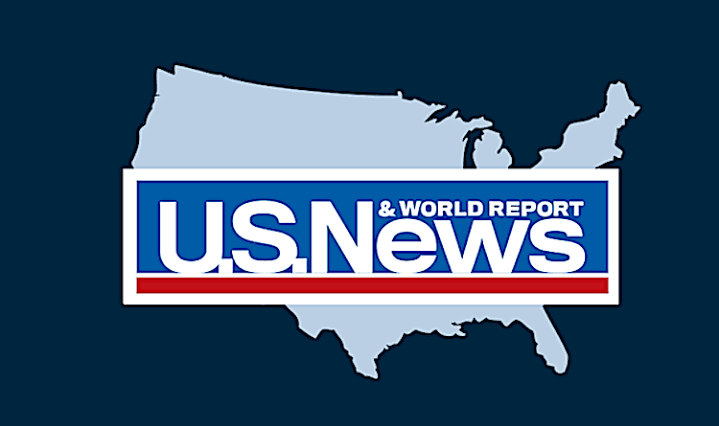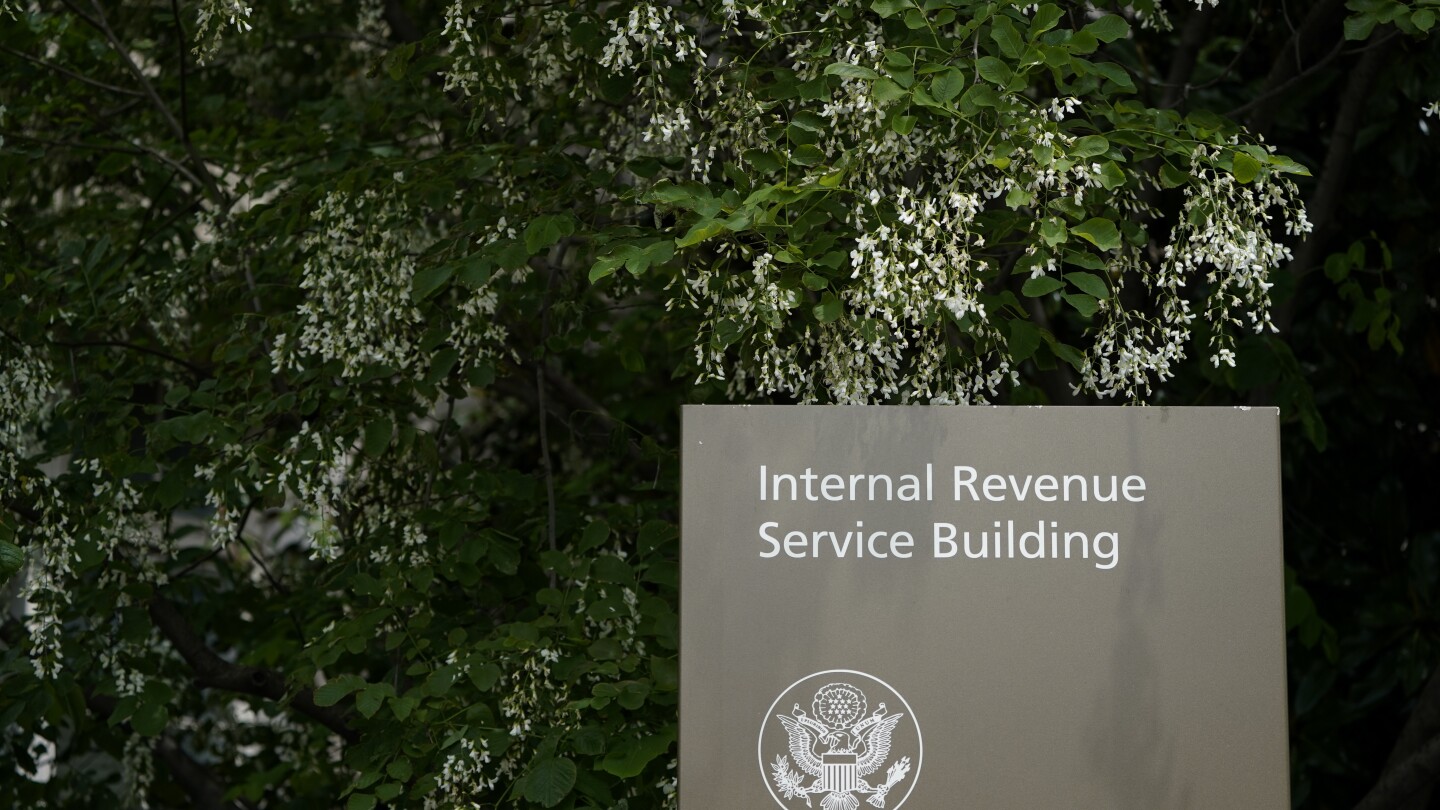cross-posted from: https://lemmy.ca/post/23351575
The IRS plans to end a major tax loophole for wealthy taxpayers that could raise more than $50 billion in revenue over the next decade, the U.S. Treasury Department says.
The guidance and ruling being announced Monday includes plans to essentially stop “partnership basis shifting” — a process by which a business or person can move assets among a series of related parties to avoid paying taxes.
Biden administration officials said after evaluating the practice that there are no economic grounds for these transactions, with Deputy Treasury Secretary Wally Adeyemo calling it “really just a shell game.” The officials said the additional IRS funding provided through the 2022 Inflation Reduction Act had enabled increased oversight and greater awareness of the practice.
“These tax shelters allow wealthy taxpayers to avoid paying what they owe,” IRS commissioner Danny Werfel said.
Tax the fuckingcapitalists
Rare IRS W
This is the best summary I could come up with:
WASHINGTON (AP) — The IRS plans to end a major tax loophole for wealthy taxpayers that could raise more than $50 billion in revenue over the next decade, the U.S. Treasury Department says.
The proposed rule and guidance announced Monday includes plans to essentially stop “partnership basis shifting” — a process by which a business or person can move assets among a series of related parties to avoid paying taxes.
Biden administration officials said after evaluating the practice that there are no economic grounds for these transactions, with Deputy Treasury Secretary Wally Adeyemo calling it “really just a shell game.” The officials said the additional IRS funding provided through the 2022 Inflation Reduction Act had enabled increased oversight and greater awareness of the practice.
Due to previous years of underfunding, the IRS had cut back on the auditing of wealthy individuals and the shifting of assets among partnerships and companies became common.
Treasury said in a statement announcing the new guidance that there is an estimated $160 billion gap between what the top 1% of earners likely owe in taxes and what they pay.
Initiatives announced in the past year have included pursuing people and businesses that improperly deduct personal flights on corporate jets and collecting back taxes from delinquent millionaires.
The original article contains 432 words, the summary contains 211 words. Saved 51%. I’m a bot and I’m open source!
Hose the bitches.




